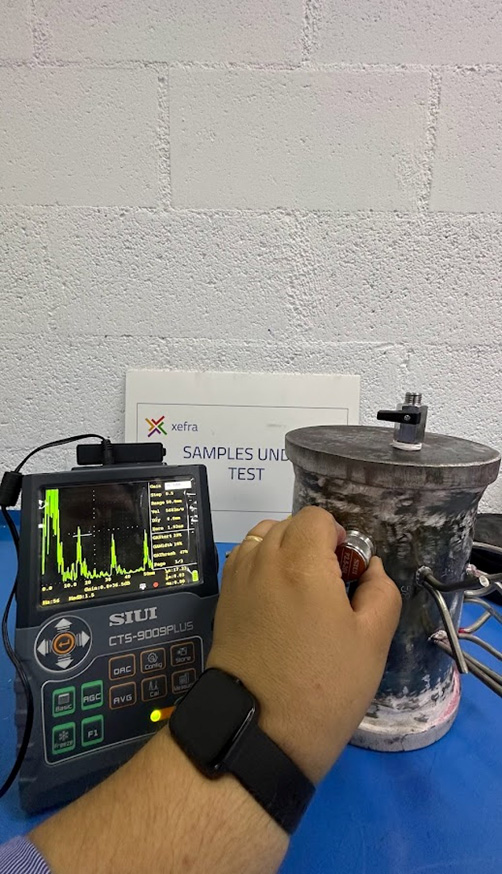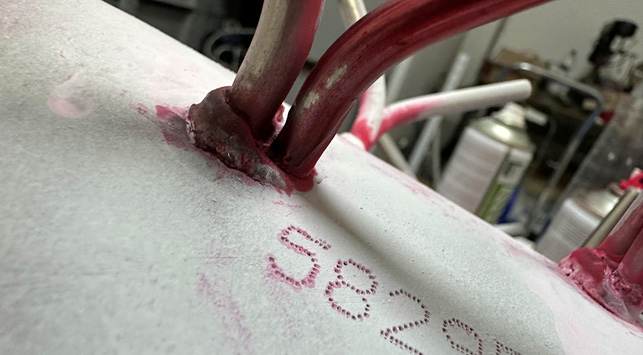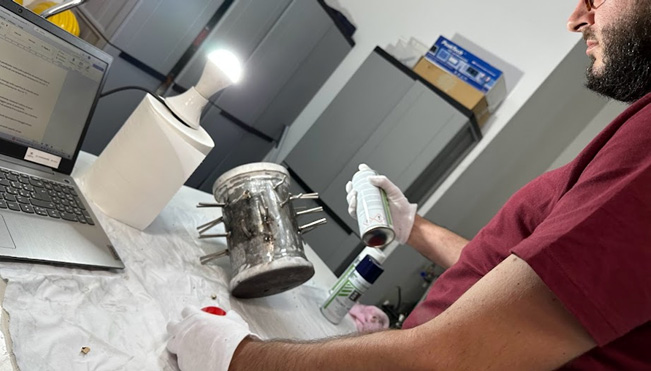Non-Destructive Testing (NDT) Services

Advanced Mechanical Integrity Assessments
We utilise NDT alongside Finite Element Analysis (FEA) to assess the existing condition, thicknesses, welds and attachments. Loads cases are determined based on codes and include wind, thermal, dead and live loads, etc. The object is then modelled in a FEA application to generate color coded stress levels.
FEA of Structures
3D modelling is used to develop the structure geometry. The model is imported into our FEA application and the various load cases are executed in order to validate and assess the mechanical design.
FEA of Vessels
Pressure vessels are analysed utilising several software. Thermal induced stresses could be significant. Relief valve operation can induce loads on the connected nozzle. Relief valve discharge piping needs to be reviewed for possible binding at restraints.
On-Site NTD Services
XEFRA’s on-site NDT capabilities allow us to conduct tests directly at the customer’s premises. We ensure compliance with current regulations and standards. Our non-destructive testing guarantees product quality, particularly in sectors that require rigorous control.
XEFRA offers expert non-destructive testing (NDT) services, conducted by our qualified inspectors who ensure the safety and integrity of welds.
NDT of welds is performed house or at field locations by our inspectors certified in accordance with the ISO and EN (European Standard).
what is non-destructive testing?
Non destructive tests are the set of tests conducted using methods that do not alter the material and do not require the destruction or removal of samples from the structure under examination aimed at searching for and identifying any imperfections and/or structural alterations.
Non-destructive testing guaranteeing the quality of the product, (for example the EN 1090, applicable in the structural carpentry sector, requires 100% control of the welded joints plus any additional PT, MT or UT controls).
Our Specialized Weld Testing Services
NDT experts at XEFRA provide the following specialized weld testing services required to assure conformance and safety of welds:
- Visual Inspection (VT): our Visual Inspection methods are critical in identifying surface defects and ensuring the quality of welds.
- Ultrasonic Testing (UT): UT methods are employed for internal defect detection, providing a detailed assessment of weld integrity.
- Magnetic Particle Testing (MT): this method is effective for detecting surface and near-surface discontinuities in ferromagnetic materials.
- Liquid Penetrant Testing (PT): PT is used for revealing defects in a wide variety of materials, ensuring comprehensive weld evaluation.

